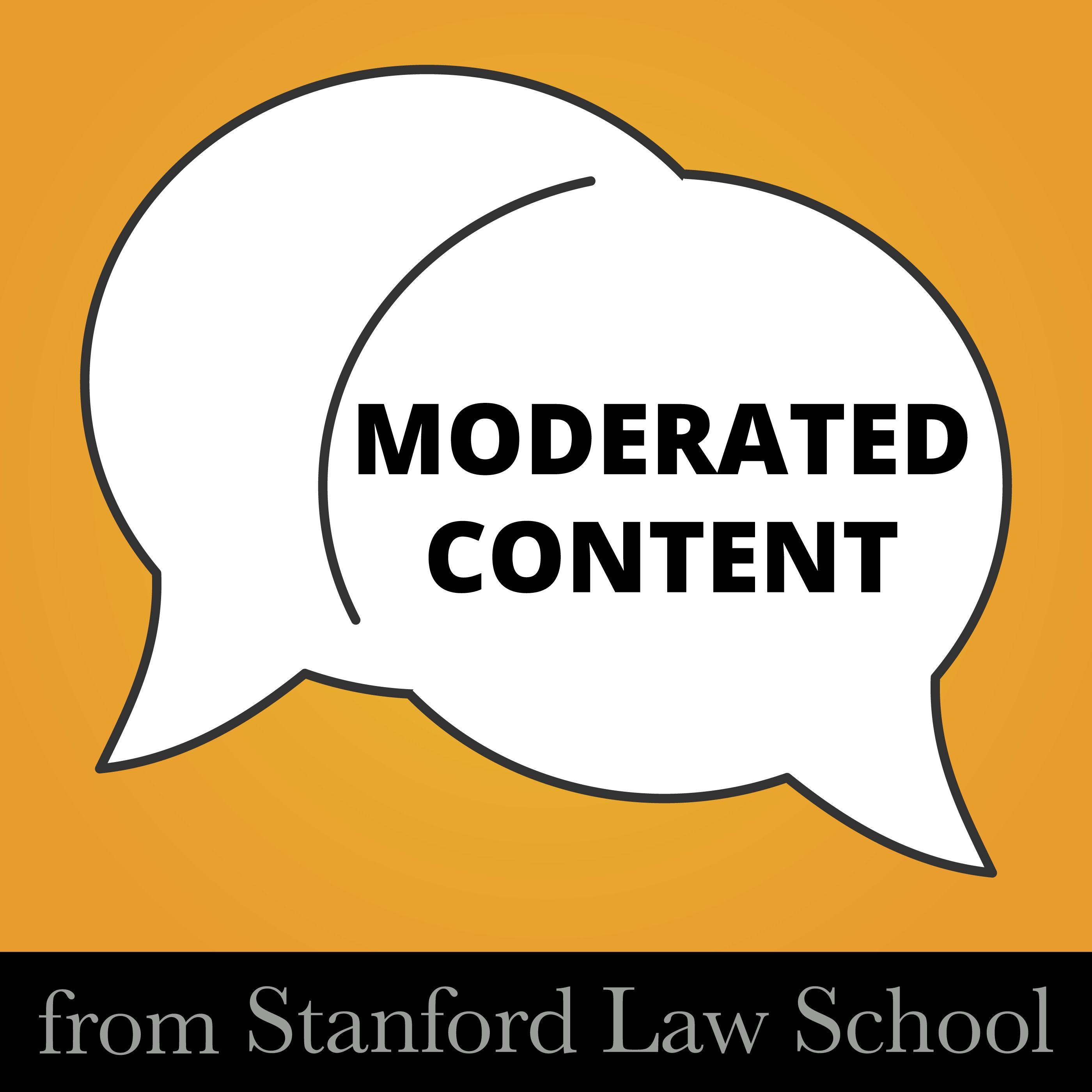
Shownotes Transcript
Stanford’s Evelyn Douek and Alex Stamos weigh in on the latest online trust and safety news and developments. They’re joined this week by NYU’s Joshua Tucker) and Stanford’s Jennifer Pan) to discuss new studies released from an academic research partnership with Meta on the 2020 U.S. election.
The X Files
- Elon Musk reinstated an account that posted child sexual abuse material just a few days earlier. The account, known for spreading conspiracy theories, then criticized Musk for spreading false information and censoring the Obama birther conspiracy. - Joseph Menn, Drew Harwell/ The Washington Post)
- Musk then reinstated Ye on X, but don’t worry, the platform formerly known as Twitter received reassurance that the artist formerly known as Kanye West won’t share any more antisemitic or harmful content. - Rebecca Elliott/ The Wall Street Journal)
- We’re sure Twitter CEO Linda Yaccarino will have no problem hiring an exceptional head of Brand Safety with this kind of model trust and safety best practices on display. - @kateconger)
- In his latest move in a campaign for free speech absolutism, Elon Musk’s lawyer is threatening to sue the Center for Countering Digital Hate (CCDH), a nonprofit advocacy group, for saying mean things about Twitter in research reports. - Sheera Frenkel, Ryan Mac/ The New York Times), Center for Countering Digital Hate)
- CCDH lawyer Roberta Kaplan must have had a great time writing back to Musk lawyer Alex Spiro: “We write in response to the ridiculous letter you sent our clients on behalf of X… CCDH will not be bullied by your clients.” - Center for Countering Digital Hate), @jsrailton)
No Labels
- Meta is not labeling state media propaganda accounts on Threads, unlike Facebook and Instagram, but says it will do so “soon.” - Newley Purnell/ *The Wall Street Journal *)
Shutting This Down
- Dozens of digital and human rights advocacy groups, led by Access Now, called on European Commissioner Thierry Breton to clarify his comments that the Digital Services Act could be used to shut down social media companies during protests. - Clothilde Goujard/ Politico), Access Now)
- A Commission official responded to the letter within 24 hours, writing that “Europe stands by the freedom of expression and a neutral and open internet.” - @Mr_Zakka)
Getting Meta on Meta
NYU’s Joshua Tucker and Stanford’s Jennifer Pan discuss four studies released in Nature and Science from a research partnership with Meta) on the 2020 U.S. election. Tucker is a lead investigator on the project and Pan is lead author on two of the articles published in Science.
A group of leading academics were granted access to work with Meta researchers to study data from consenting Facebook and Instagram users during the 2020 presidential election.
Their findings are complicated and disputed, but indicate that changes to limit algorithmic recommendations did not make a significant difference in partisanship or political knowledge.
A key finding shows that conservatives were more likely to engage with election misinformation, and Tucker points out that it is impossible to understand the overall effect social media has on election information and political beliefs.
The Research
*Nature: *Like-minded sources on Facebook are prevalent but not polarizing)
*Science: *Asymmetric ideological segregation in exposure to political news on Facebook)
*Science: *Reshares on social media amplify political news but do not detectably affect beliefs or opinions)
*Science: *How do social media feed algorithms affect attitudes and behavior in an election campaign?)
Select Headlines
*Bloomberg: *Facebook False News in US Election Reached More Conservatives, Study Says)
*Meta: *Groundbreaking Studies Could Help Answer the Thorniest Questions About Social Media and Democracy)
*Nature: *Tweaking Facebook feeds is no easy fix for polarization, studies find)
*Platformer: *How Facebook does (and doesn’t) shape our political views)
*The Atlantic: *So Maybe Facebook Didn't Ruin Politics)
*The New York Times: *Facebook’s Algorithm Is ‘Influential’ but Doesn’t Necessarily Change Beliefs, Researchers Say)
*The Wall Street Journal: *Does Facebook Polarize Users? Meta Disagrees With Partners Over Research Conclusions)
*The Washington Post: *Changing Facebook's algorithm won't fix polarization, new study finds)
(Evelyn’s) Sports Corner
- Aussie Aussie Aussie! Oi Oi Oi! The Matildas are through to the round of 16 with a drubbing of Canada this morning. The Calf that Holds the Hopes of the Nation appears to be recovering. - Dan Colasimone/ ABC News) (Australia)
Join the conversation and connect with Evelyn and Alex on Twitter at @evelyndouek) and @alexstamos).
Moderated Content is produced in partnership by Stanford Law School and the Cyber Policy Center. Special thanks to John Perrino for research and editorial assistance.
Like what you heard? Don’t forget to subscribe and share) the podcast with friends!
